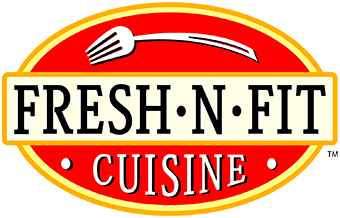
This holiday season, consider how your holiday plans can be altered to reduce the spread of COVID-19. For ideas and recommendations on modifications you can make to holiday gathering safer, visit the CDC website.
Food is as much a part of holiday gatherings as football, decorations and carols. This holiday season, keep food safety in mind every step of the way, including proper planning, safe shopping, working in the kitchen and wrapping up leftovers.
Proper Planning
Make sure your kitchen is equipped with what you need for safe food handling, including two cutting boards (one for raw meats and seafood and the other for produce and ready-to-eat foods), a food thermometer, shallow containers for storage, paper towels and soap. Store foods in the refrigerator at 40°F or below or in the freezer at 0°F or below. Check the temperature of both the refrigerator and freezer with an appliance thermometer.
Safe Shopping
It’s important to keep food safety in mind as you shop. Keep raw meat, poultry and seafood separate from ready-to-eat foods like fruit, vegetables and bread. Embrace fruits and vegetables that are oddly shaped but don’t purchase bruised or damaged produce, or canned goods that are dented, leaking, bulging or rusted, as these may become a breeding ground for harmful bacteria.
Choose cold foods last and bring foods directly home from the grocery store. Always refrigerate perishable foods, such as raw meat or poultry, right away.
Working in the Kitchen
In a holiday kitchen filled with family and friends, all hands may be on deck, but are those hands clean? Make sure everyone washes their hands thoroughly with clean, running water and soap for 20 seconds before and after handling food.
And when baking delicious holiday treats, remember that no one should eat raw cookie dough or brownie batter.
Wrapping Up Leftovers
As you eat and visit, keep in mind how long the food on the buffet table has been sitting out unrefrigerated. Remember that you can’t tell if a food is unsafe by taste, smell or appearance alone. Throw away perishable foods, such as meat, poultry, eggs and casseroles, left at room temperature longer than two hours and within one hour if it’s warmer than 90° F.
Refrigerate or freeze other leftovers in shallow, air-tight containers and label with a date. Use refrigerated leftovers within three to four days by reheating to an internal temperature of 165°F.
Source: Esther Ellis, MS, RDN, LDN, Academy of Nutrition & Dietetics
Have a safe and happy holidays and if you want to give our healthy, chef prepared meals a try, get $20 off your first order of $50 or more when you use promo code BLOGDEC24 at checkout.
